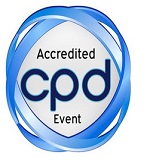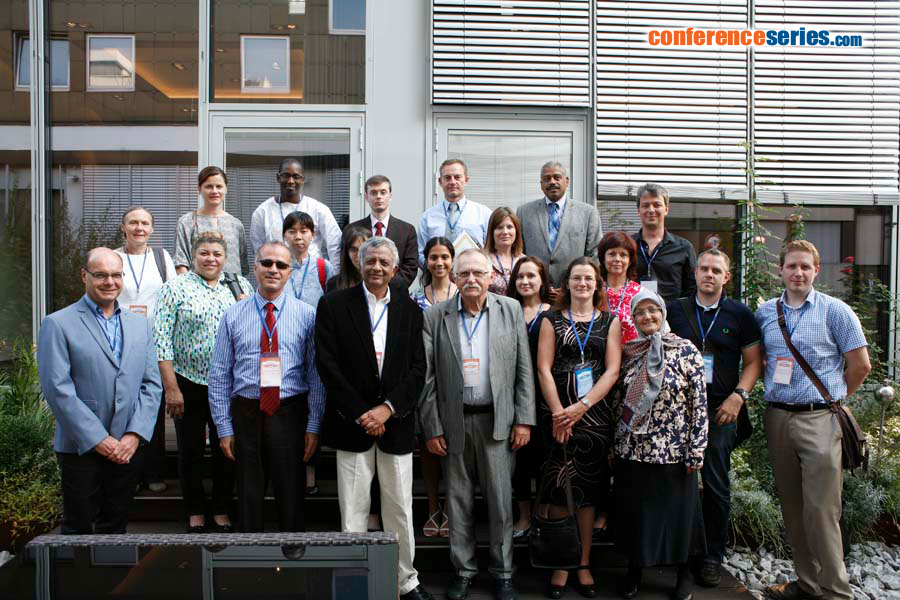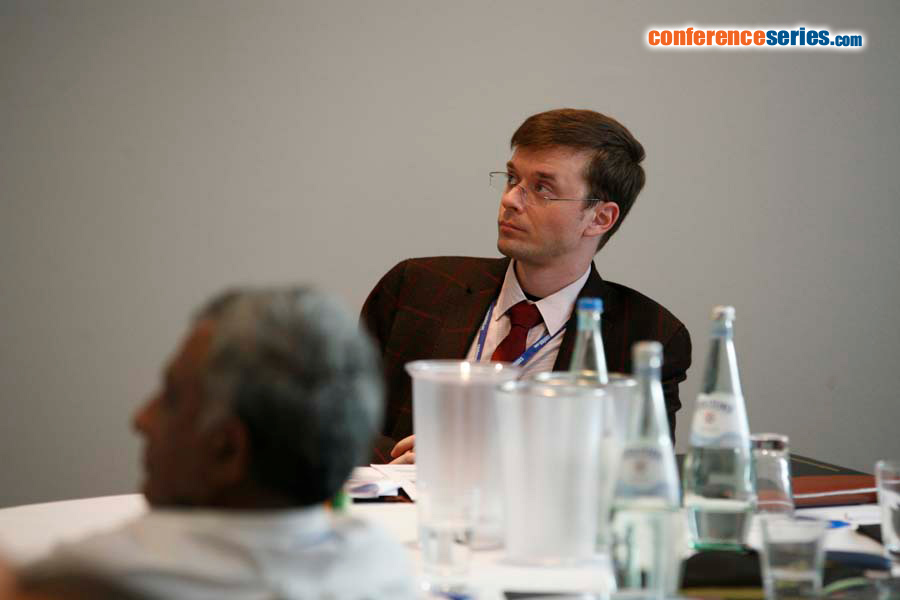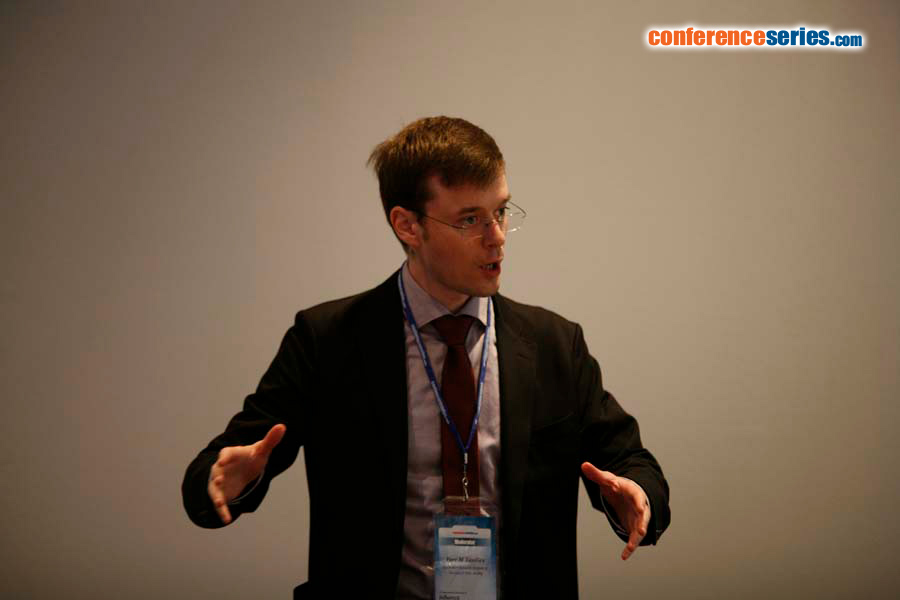
Yuri Vasiliev
Mechnikov Research Institute of Vaccines & Sera, Russia
Title: Challenges in development of chitosan-based adjuvants for influenza vaccines
Biography
Biography: Yuri Vasiliev
Abstract
Chitosan-based formulations combine effectiveness, safety and economic feasibility, and have been studied as vaccine adjuvants and gene delivery systems. However, chitosan is an umbrella term for a very diverse group of glucosamine-based substances and their derivatives as well as adjuvants (e.g. solutions, particles). Lack of consensus on nomenclature and standardization approaches renders juxtaposition and reproduction of data across various studies nearly impossible, and underlying mechanisms of action for chitosan-based adjuvants remain largely unknown. Panels of chitosan substances and chitosan-based adjuvants (currently exceeding 50) have been created and characterized extensively using distinct methods (HPLC, NMR, etc.). Datasets generated from large-scale preclinical studies in various animal models demonstrate that principal chitosan characteristics (molecular weight and deacetylation degree) determine adjuvant properties through a very complex interaction. No single characteristic is responsible for high or low immunogenicity, effectiveness (lethal challenge model) and safety. Levels of serum and lung antibodies, IgG subclasses and certain cytokines and, thus, Th polarization also varied for different chitosans. Certain chitosans and derivatives (e.g., succinylated) were not immunogenic at all. Impurities (e.g., endotoxins, proteins) were challenging to evaluate due to interference from chitosan, however, did not have a critical effect on adjuvant properties. A universal chitosan-based adjuvant has been developed and successfully evaluated with various vaccines against influenza (subunit, cold-adapted, etc.) and other human and animal infections as well as in comparison with other adjuvants (aluminium-based, oil-in-water emulsions, etc.). Chitosan-based adjuvants tailored for certain types of influenza vaccines (100-fold increase of immunogenicity) and complex formulations are also being studied.




